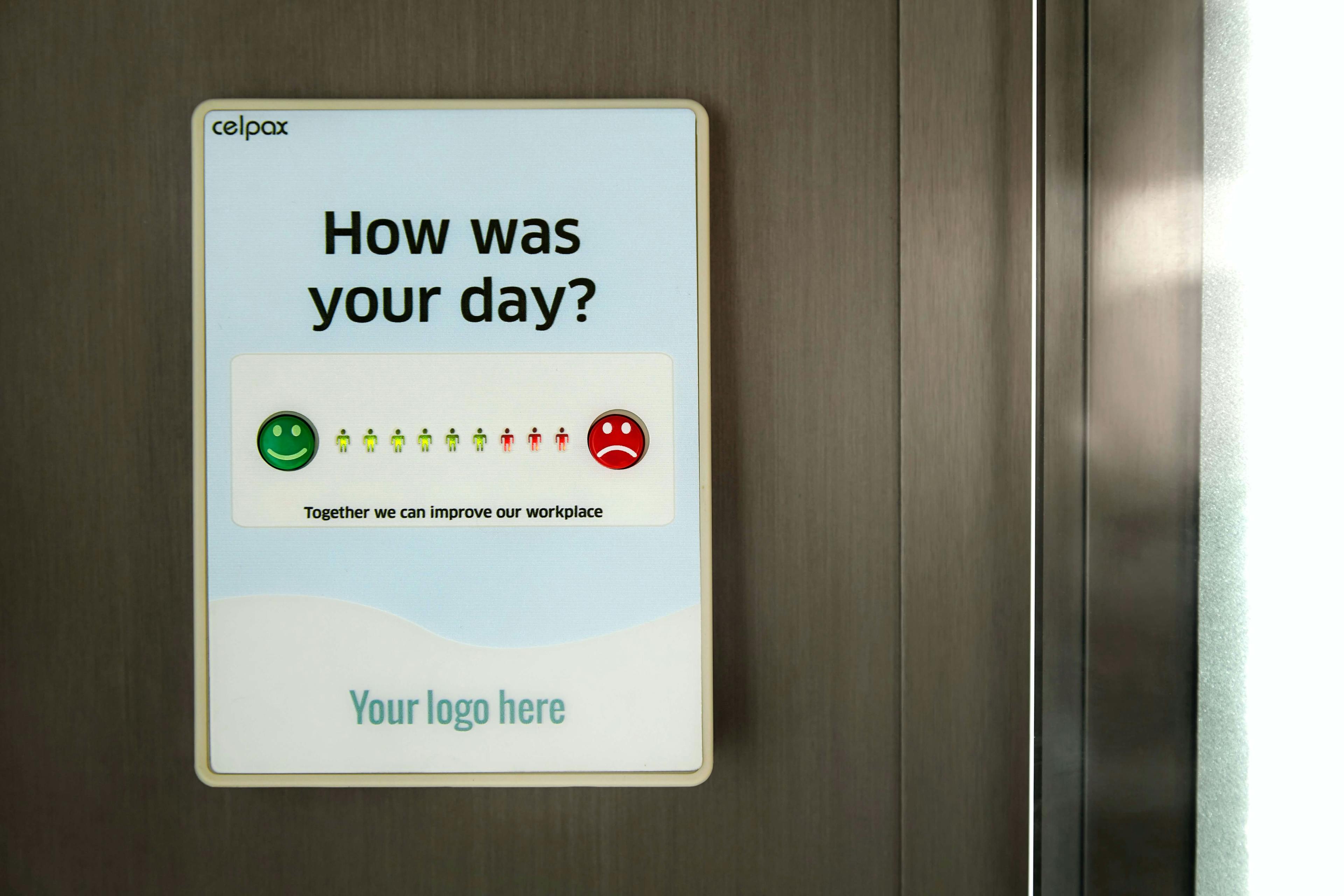You've probably seen it before—a colleague with a close personal or family relationship with the owners of your company getting preferential treatment. Sometimes they might be unqualified for their position in the first place, and you might find yourself unfairly overlooked for a promotion in favor of this interloper. It's infuriating, isn't it?
Nepotism has been around since the dawn of time. It's natural for human beings to look to their inner circle to delegate positions of trust, and for certain tight-knit family businesses, it can actually be a positive thing. However, in the competitive, success-driven workplace culture of today, nepotism can lead to all kinds of problems. The underqualified beneficiaries of nepotism not only deliver a substandard performance but can create a toxic working environment fueled by envy and resentment.
In this article, we're going to look at some common examples of nepotism in the workplace and discuss the negative impacts they can cause. We'll also present a few ways to deal with the bias and discrimination caused by nepotism. This requires a careful and tactful approach—it can be a very sensitive issue to address.
What is nepotism in the workplace?
First things first, let's define nepotism in the workplace. Essentially, it's a process that occurs when those in power prefer to hire family members or friends when other, more qualified people are available for the job. It can also occur when employed family members receive favorable treatment or avoid the kind of discipline expected of other employees. Nepotism can damage a business by creating an unstable workplace, affecting employee morale, and promoting a general atmosphere of resentment.
Despite this negative association, nepotism isn't always a bad practice. For example, in family businesses, hiring family members before turning the business over to them becomes useful hands-on training for the future business owner.
Types of nepotism in the workplace
Workplace bias comes in many forms and is mainly a result of stereotyping and our own prejudices. Luckily, many of these problems can be worked on and we can quickly learn to foster diverse, inclusive workplaces built on merit, rather than the personal whims of those in power.
Nepotism, on the other hand, can be more difficult to unlearn. Family connection brings powerful emotions like loyalty, a sense of obligation, and responsibility into play, making it very difficult to overcome.
Examples of nepotism include:
Reciprocal nepotism:
when a person feels obligated to accept the position because they are financially dependent on the employer, is loyal to them, or nepotism has become a norm in their family.
Entitlement nepotism:
when a person feels entitled to the position just because their family member works at that company.
Is nepotism in the workplace unethical?
To determine whether it's okay to hire a friend or family member, it's important to evaluate their qualifications and suitability for the position. Ask yourself a few simple questions:
Is the candidate in question qualified for the job?
Was the hiring decision made objectively and transparently?
Do other employees recognize the suitability of this person for the position?
If all of these questions can be answered with a yes, then hiring a family member is not necessarily unethical. Company owners and managers should use their personal judgment and carefully consider the effects that their decision will have on the rest of the team.
How to spot nepotism in the workplace
Family bias in the workplace isn't always as obvious as you might expect. A few things to look out for include:
Poor qualifications:
If someone hires a family member who is obviously unqualified for the job, it's probably a case of nepotism. Discuss it with the hiring manager to determine the reasoning for their choice. It's possible that they are confident with their decision and trust that the new hire has the right skill set. However, you might also find that the decision was made based on other reasons.
Family members avoid punishment:
If a manager's family member is frequently late, misses deadlines, or is behaving unethically, they should be disciplined. Failure to do so shows bias and favoritism towards the employee and is a clear sign of nepotism.
Other employees are complaining about it:
If your employees express their concerns about nepotism directly to their managers or HR, it should be addressed immediately. Talk to those employees and learn more about the inappropriate behaviors that they have observed. If a case of nepotism is identified, ensure that the appropriate action is taken.
Negative effects of nepotism in the workplace
1. Reduced productivity and work performance
Hiring someone who doesn't have the necessary qualifications for the job will be expensive and time-consuming. Unless the person in question is a very fast learner, their colleagues will end up having to pick up their workload. This means that they'll be spending less time on their own responsibilities. Not only will this result in a reduction in productivity, but resentment will quickly build towards the manager who is forcing the team to pull the extra weight.
2. Toxic workplace culture
When someone hires a family member, employees will be naturally inclined to think that favoritism is at play. Whether they're qualified for the job or not, failing to treat family members like the rest of the team will quickly cause a toxic workplace culture and hurt the business. If employees believe that promotions will be given to family members, they might lack the motivation to earn one themselves. This is how businesses with a culture of nepotism lose talented potential leaders. As well as missing the opportunity to promote the next superstar leader, discouraged employees might become toxic and ruin the company culture with their negativity. Even one frustrated and resentful employee might be enough of a trigger to impact the performance of other employees.
3. Decreased employee retention
If an employee starts feeling that their work is not properly recognized and their efforts aren't appreciated, they'll start looking for another place to work. Nepotism is terrible for employee retention. If your employees believe that they're being overlooked by the manager in favor of a family member, they won't hesitate to find a company that gives them a fair chance of progressing in their career.
How to report and prove nepotism in the workplace
Remain professional:
It's normal to get angry when you're not being treated fairly. However, it's essential to stay calm and professional. You can only be responsible for your own behavior, so resist the temptation to provoke conflicts, slack off, or gossip even if you've decided to leave the company. Keep doing your job as best as you can, be on time, meet your deadlines, and act ethically. Your complaint will be much more valid if you're an exemplary employee.
Document your work:
If you've got a valid complaint about nepotism, you'll need to be able to prove it. If, for example, you missed out on a promotion and you believe the cause was nepotism, you need to be able to prove that you were the best candidate. Find relevant examples in your past work that prove that you were treated unfairly and report them to HR. The most common mistake when reporting nepotism is to make it about the other person. Perceiving someone as less qualified than you and feeling frustrated about it is normal after missing out on a promotion or a raise. Try to stay objective, have solid proof of your worthiness for the position, and avoid making it about the other person. These are the best ways to get what you deserve.
Gather evidence of nepotism and report it:
Collect examples proving the existence of nepotism in your company. Record the occasions when a family member was given special treatment and prove that they received benefits despite poor work performance. Together with the documentation of dates and incidents, make sure to have supporting witness accounts from coworkers to confirm your claim. Highlight any supporting evidence, for example, a statement in the company policy that strictly prohibits this type of behavior. After you've compiled the evidence, make sure you discuss it with the right person within the company.
Final thoughts
Having family members work in the same company becomes a problem when these employees are not performing well or behaving ethically. The problem is compounded when the family member responsible for managing doesn't take the kind of corrective actions that they usually would.
Both managers and employees should be aware of the kind of problems that nepotism in the workplace can bring. That way, they can take the appropriate steps to prevent them before they begin to affect employee engagement and team morale.



